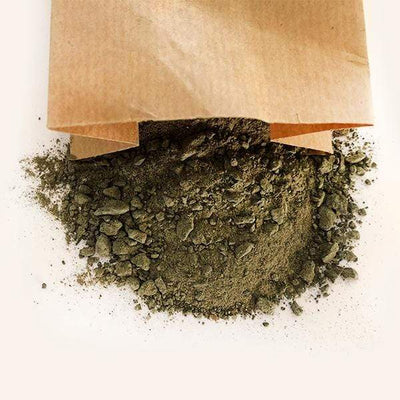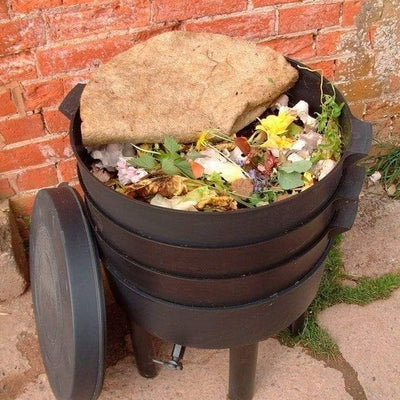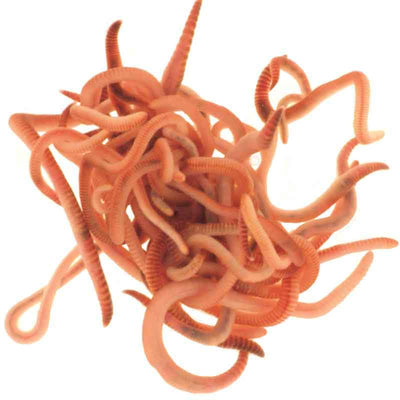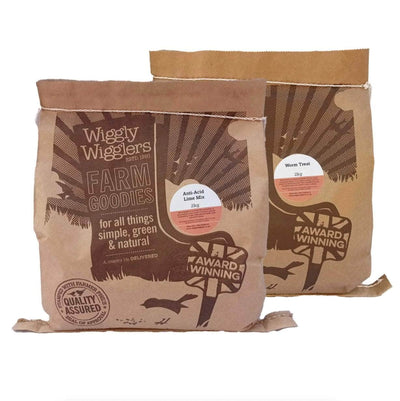If you're running a wormery, you'll eventually reach the rewarding moment when your hardworking worms have transformed your kitchen scraps and garden waste into rich, dark compost. But when it comes to harvesting, what’s the best approach — especially if you’re keen to retain every single wriggler?
The Quick and Easy Method
The simplest method is to dump the entire tray of finished compost straight onto your compost heap or directly into a garden border. This not only feeds your plants but also introduces beneficial microbes and some of your composting worms into the soil — a win-win for your garden.
However, if you’re someone who likes to make the most of every worm (and who can blame you?), there’s a more careful technique you can use to ensure minimal worm loss.
The Worm-Friendly Harvesting Technique
For a more meticulous approach, follow this method:
-
Take the lid off your wormery and place the full tray of compost on top of the uppermost active tray in your wormery. Leave the system open to the air.
-
Allow some time for the worms to respond to the light and fresh air — they’re naturally averse to light and will instinctively burrow downwards in search of darker, damper conditions.
-
Gently scrape away the top layer of compost, little by little. As you do this, you’ll notice more worms retreating further down into the compost below.
-
Continue this process slowly, allowing the worms time to migrate. Eventually, you’ll reach the bottom of the tray with very few, if any, worms remaining. Most will have moved down to the tray below where conditions are more favourable.
Don’t Worry About a Few Stragglers
If a few worms do end up in your garden along with the compost, there’s no need to be concerned. Composting worms — including red worms, tiger worms, and dendras — are among the 27 native species of earthworms found in the UK. They won’t cause harm and may even benefit your soil by continuing their composting work in the wild.
Final Thoughts
Whether you opt for the quick dump or the more deliberate sorting method, rest assured that your efforts are contributing to a healthier, more sustainable garden. Worm compost is packed with nutrients and beneficial organisms — and your worms, whether they stay in the wormery or head off into your borders, will continue to be silent, unseen heroes of soil health.
Happy composting!






